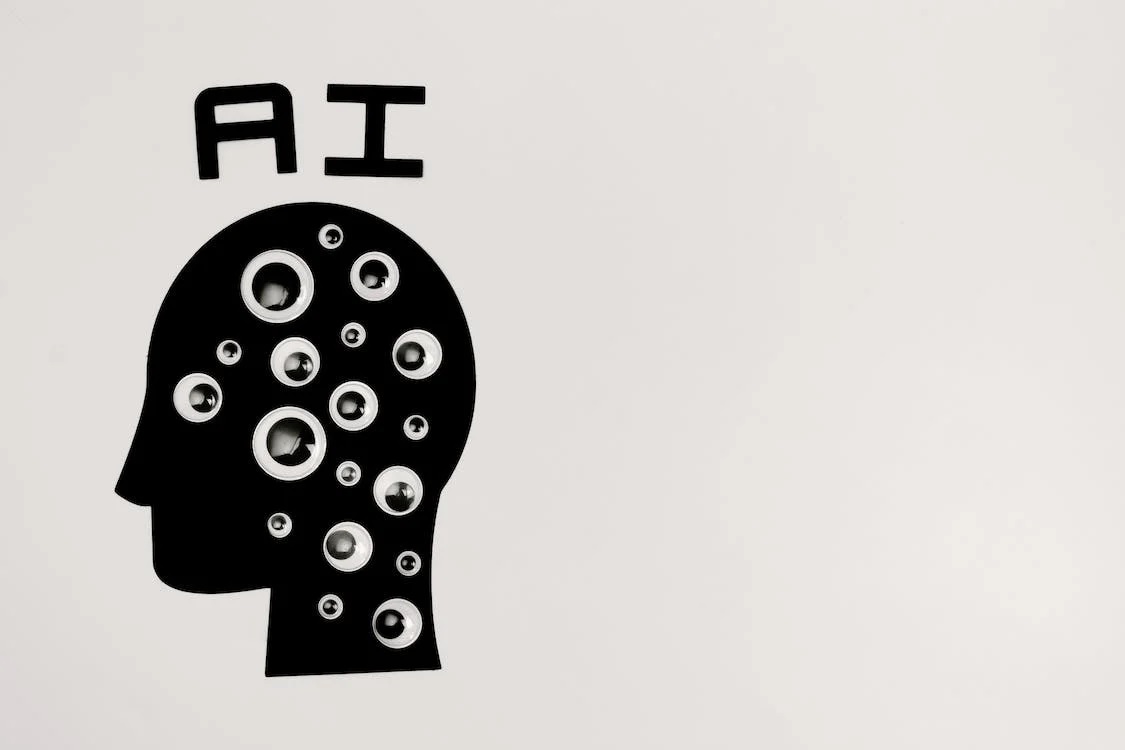Embracing Artificial Intelligence: Shaping the Future of Humanity
Ladies and gentlemen,
Today, we stand on the precipice of a technological revolution that is reshaping the way we live, work, and interact. Artificial Intelligence, often referred to as AI, has emerged as a transformative force that holds immense potential and challenges for our society. In this speech, we will delve into the realm of artificial intelligence, understanding its significance, its impact on various sectors, and the ethical considerations it raises.
Understanding Artificial Intelligence:
At its core, artificial intelligence involves the development of computer systems that can perform tasks that typically require human intelligence. These tasks include learning from experience, recognizing patterns, making decisions, and even engaging in conversations.
Significance and Impact:
- Enhancing Efficiency: AI-powered automation has the potential to enhance efficiency across industries. From manufacturing to healthcare, repetitive tasks can be performed with precision, reducing errors and increasing productivity.
- Enabling Innovation: AI fosters innovation by analyzing vast amounts of data and extracting insights that humans may miss. This is particularly evident in fields like medical research and climate modeling.
- Personalization: AI-driven algorithms personalize user experiences, from streaming services suggesting content to e-commerce platforms recommending products.
- Healthcare Advancements: AI assists doctors in diagnosing diseases, analyzing medical images, and even predicting outbreaks.
- Autonomous Vehicles: Self-driving cars, powered by AI, promise safer roads and reduced congestion.
Ethical Considerations:
- Job Displacement: As AI automates certain tasks, concerns about job displacement arise. However, history shows that technological advancements often lead to the creation of new roles.
- Data Privacy: AI relies on data. Balancing the benefits of data-driven insights with protecting individuals’ privacy is a complex challenge.
- Bias and Fairness: AI systems can inherit biases present in the data they are trained on, perpetuating inequalities.
- Autonomous Decision-Making: As AI systems make decisions, the question of accountability and transparency becomes crucial.
AI in Education:
- Personalized Learning: AI can adapt educational content to individual learning styles, optimizing the learning process.
- Assistive Tools: AI-powered tools can aid students with disabilities, making education more inclusive.
AI in Business:
- Enhancing Customer Experience: Chatbots and virtual assistants improve customer service by providing instant responses.
- Predictive Analytics: Businesses use AI to forecast market trends and customer behavior, aiding strategic decision-making.
AI in Healthcare:
- Diagnosis and Treatment: AI can analyze medical data to assist doctors in diagnosing diseases and suggesting treatment options.
- Drug Discovery: AI accelerates drug discovery by analyzing vast datasets to identify potential compounds.
Conclusion:
Artificial Intelligence is not just a technological advancement; it’s a paradigm shift in the way we perceive and interact with the world. While its potential is enormous, we must approach AI with careful consideration of its ethical implications. As we embrace AI, let us ensure that its benefits are harnessed for the greater good while safeguarding our values and humanity.
Thank you.

